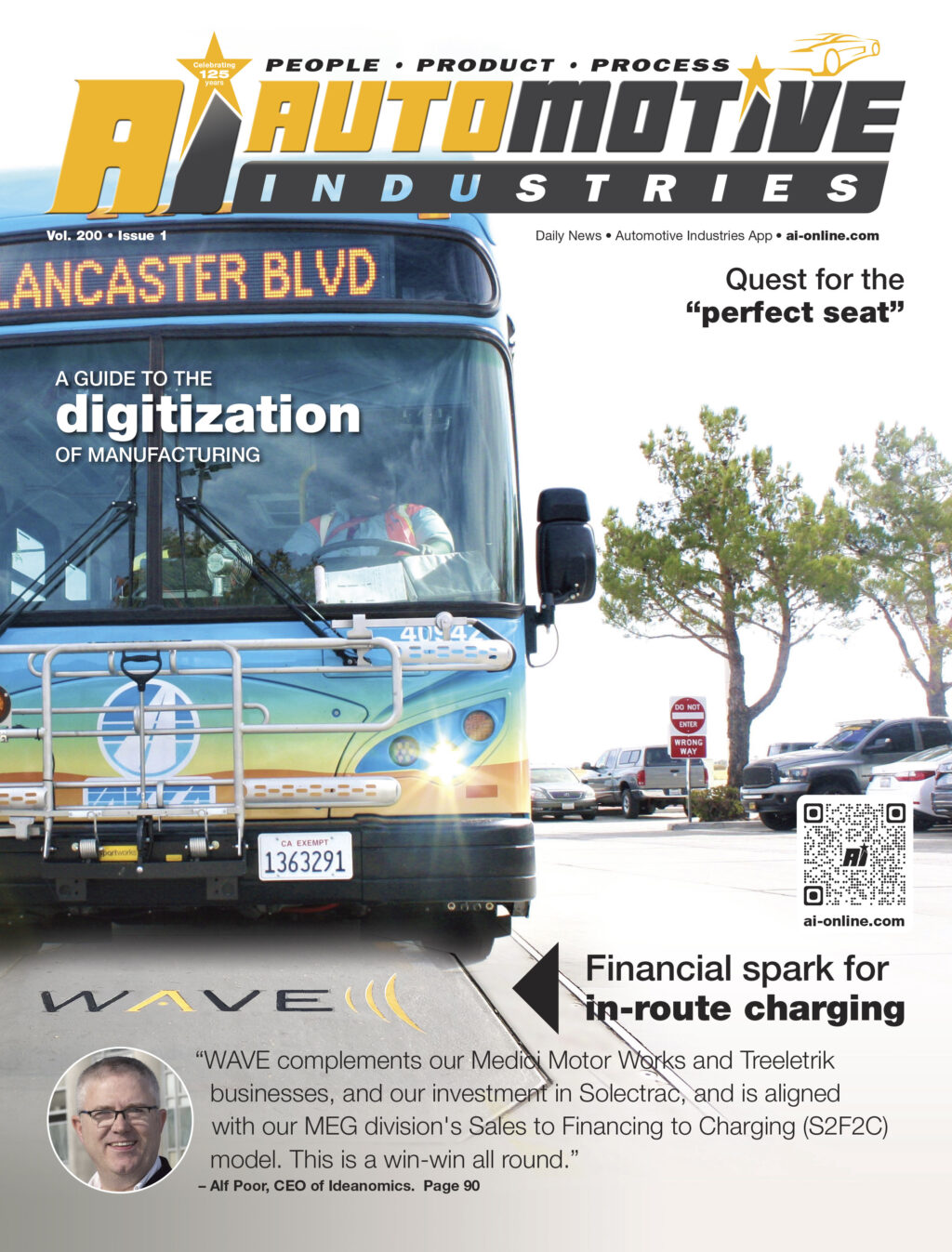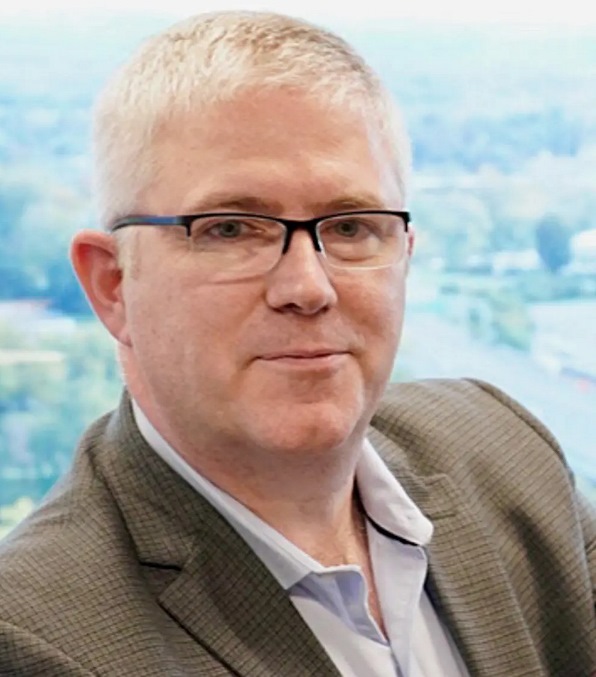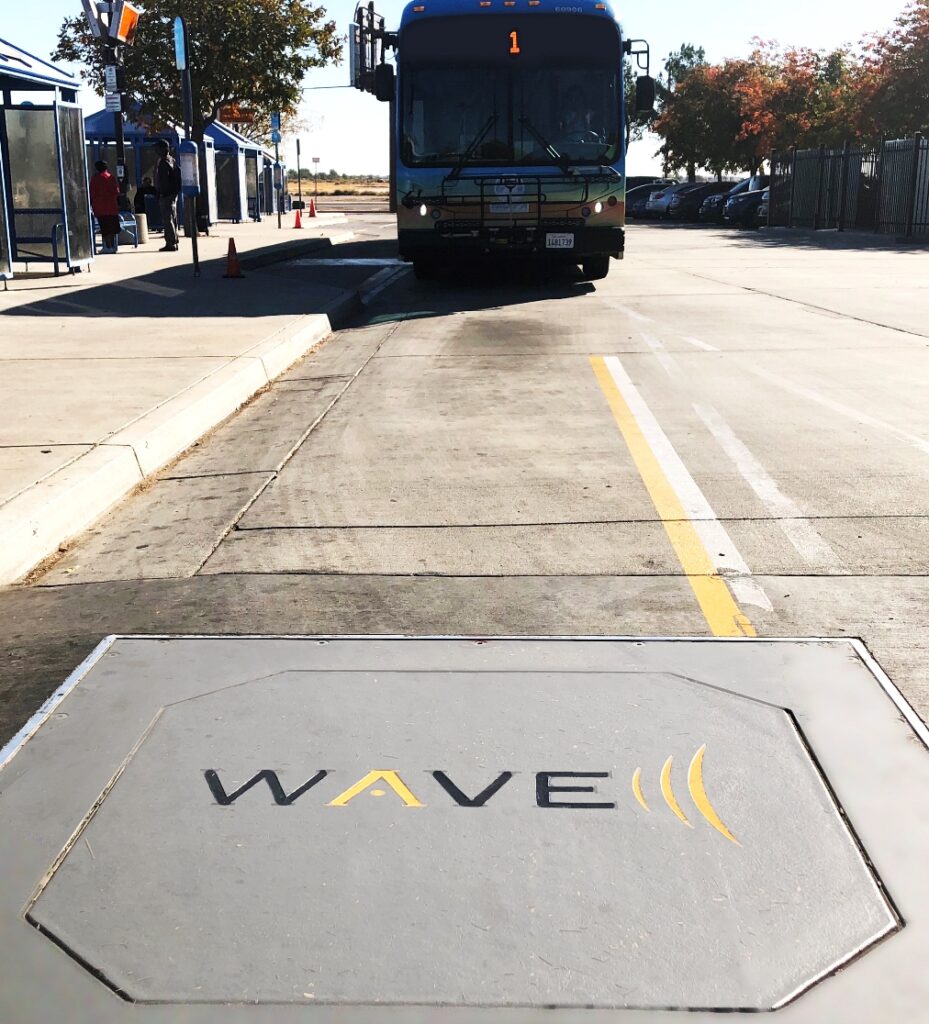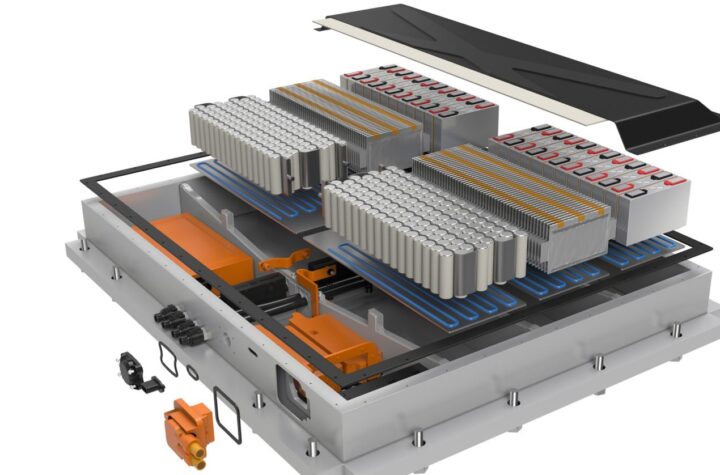
Demand for pure electric transport vehicles is expected to accelerate thanks to increased investment in wireless charging systems built into the road surface.
The spark comes from the acquisition by New York City-based Ideanomics of Wireless Advanced Vehicle Electrification or WAVE, which is based in Utah. WAVE is a leading provider of inductive (wireless) charging solutions for medium and heavy-duty electric vehicles (EVs).
Embedded in roadways, and charging vehicles during scheduled stops, the fully automated, contactless WAVE system eliminates battery range limitations and enables fleets to achieve driving ranges that match those of internal combustion engines.
“Fast, safe, in-route charging is key to enabling commercial EVs to match the range of internal combustion vehicles,” says Michael Masquelier, WAVE’s Founder and CEO. “Joining the Ideanomics family will allow WAVE solutions to rapidly develop at the scale needed to help OEMs and fleet operators around the world meet their zero-emission goals.”
“The acquisition of WAVE is a significant one for our EV efforts across the board. We are excited to bring Michael Masquelier and his team into the Ideanomics family, where we can inject significant growth capital to enable WAVE to further accelerate its business and bring wireless charging to our product offerings,” said Alf Poor, Ideanomics CEO in a media release.
Ideanomics helps companies to switch to EVs by providing financing and leasing solutions. “Our Mobile Energy Global (MEG) division is a service provider that facilitates the adoption of electric vehicles by commercial fleet operators through offering

vehicle procurement, finance and leasing, and energy management solutions under our innovative sales to financing to charging (S2F2C) business model.
“Ideanomics Capital is focused on disruptive fintech solutions for the financial services industry. Together, MEG and Ideanomics Capital provide our global customers and partners with leading technologies and services designed to improve transparency, efficiency, and accountability, and our shareholders with the opportunity to participate in high-potential, growth industries,” says a company brochure.
WAVE has developed and integrated high-power charging systems into heavy-duty electric vehicles from leading commercial EV manufacturers since 2012.
With commercially available wireless charging systems up to 250kW and higher power systems in development, WAVE provides custom fleet solutions for mass transit, logistics, airport and campus shuttles, drayage fleets, and off-road vehicles at ports and industrial sites.
Wireless charging systems offer several benefits over plugin and overhead (pantograph) charging systems. These include reduced maintenance, improved health and safety, and faster energy connection. Wireless in-route charging allows vehicles to driver further, and can also reduce the size of the batteries needed. It also extends battery life.
The technology is working in the field. The largest battery electric bus fleet operator in the United States is the Antelope Valley Transit Authority.The Southern California agency recently achieved its four millionth zero-emission mile. With routes as long as 350 miles, having the majority of the AVTA fleet equipped for WAVE wireless charging was key to achieving this milestone.
The Medici Motor Works Division, part of Ideanomics Mobility division, aims to develop the North American specialty vehicle and pickup truck market. “Battery electric vehicles (BEV) and hydrogen to fuel cell vehicles (H2FC) are not an either / or decision for truck operators.

The need for BEV or H2FC is dependent on the intended vehicle usage and to some extent the price point as well. BEV trucks are good for short haul and closed-circuit operations, such as mines, airports, steel mills, seaports, etc., and H2FC trucks are more suited to long distance haulage, offering the potential for reduced refueling stops and the introduction of self-driving autonomous vehicles as a solution to driver fatigue.
Medici Motor Works is already active in Asia and is looking to expand into Korea and the North American markets in the near future,” says the company.
While Medici is aimed at the North American market, MEG drives the market in China with offices in Beijing, Qingdao and Hangzhou. Ideanomics is also the majority owner of Treeletrik, an approved EV manufacturer and distributor for Malaysia. Treeletrik’s aim is to drive ASEAN commercial EV sales leveraging Chinese & Korean OEM partners for manufacturing.
Automotive Industries (AI) asked Poor how the acquisition of WAVE would further Ideanomic’s position in the EV market.
Poor: WAVE has become a market leader in inductive charging systems, which are much better suited for commercial EVs than plug-in charging systems.
AI: How does it tie in with your other business – MEG, Soletrac, Treeletrik etc?

Poor: WAVE complements our Medici Motor Works and Treeletrik businesses, and our investment in Solectrac, and is aligned with our MEG division’s Sales to Financing to Charging (S2F2C) model. This is a win-win all round, which will help maximize shareholder value. We are thrilled to have signed the definitive agreement for this acquisition so we can get to work immediately on the opportunities this brings to both Ideanomics and WAVE.
AI: What strategy does Ideanomics have for future growth?
Poor: Over the past few quarters, Ideanomics has diversified its revenue streams and sales pipelines under the umbrella of our wo divisions, Ideanomics Mobility and Ideanomics Capital, and their respective subsidiaries. As our business segments experience growth, here in North America and throughout the globe, we will begin to report generally our forecasted sales pipeline on a quarterly basis alongside our quarterly earnings.
AI asked WAVE founder Masquelier why the acquisition of his company by IDEX provide an excellent opportunity for both companies.
Masquelier: Deployed since 2012, WAVE has demonstrated the capability to develop and integrate high-power charging systems into heavy-duty electric vehicles from leading commercial EV manufacturers. With commercially available wireless charging systems up to 250kW, and higher power systems in development, WAVE provides custom fleet solutions for mass transit, logistics, airport and campus shuttles, drayage fleets, and off-road vehicles at ports and industrial sites.
AI: Tell us a little about the work WAVE has done with all electric fleets in the US and how you see your wireless charging technology expanding into new markets after the acquisition.
Masquelier: Fast, safe, in-route charging is key to enabling commercial EVs to match the range of internal combustion vehicles. Joining the Ideanomics family will allow WAVE solutions to rapidly develop at the scale needed to help fleet operators around the world meet their zero-emission goals.”
AI: What makes wireless charging a game changer for the EV industry?
Masquelier: Wireless charging systems offer several compelling benefits over plug-in-based charging systems, including reduced maintenance, improved health and safety, and expedited energy connection. Furthermore, wireless in-route charging enables greater route lengths or smaller batteries while also maintaining battery life. WAVE customers include the largest EV bus system in the U.S., the Antelope Valley Transit Authority, and its partnerships include Kenworth, Gillig, BYD, Complete Coach Works, and more.


More Stories
The Advantages of Cloud-Based Fax Software for Businesses
40 YEARS OF SILICONE GROWTH IN AMERICA
DuPont materials science advances next generation of EV batteries at The Battery Show